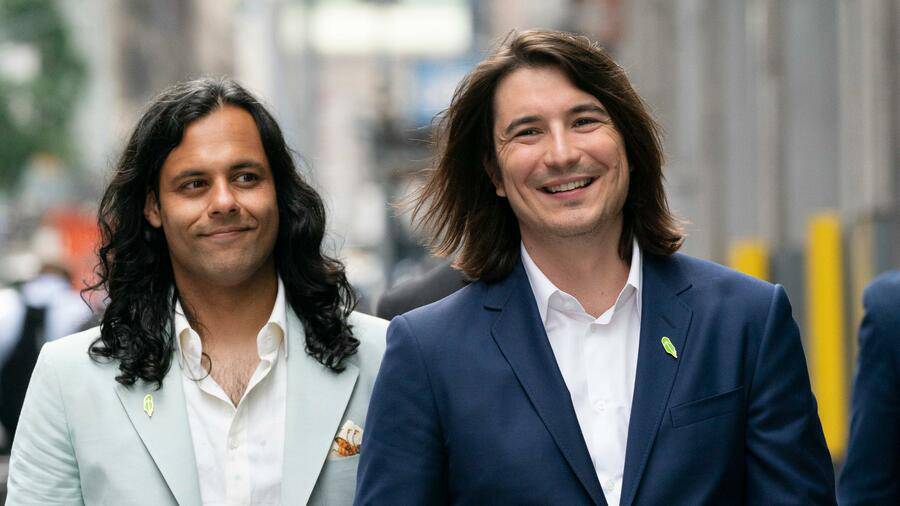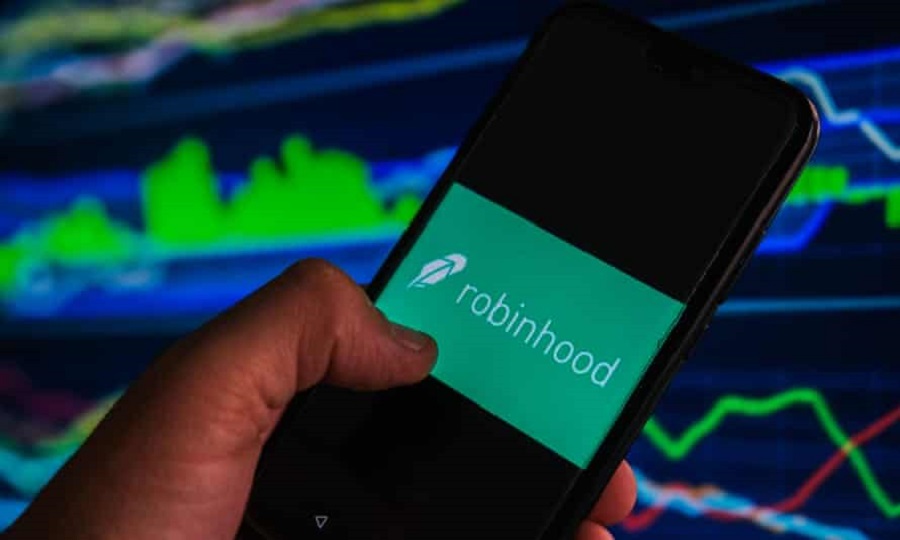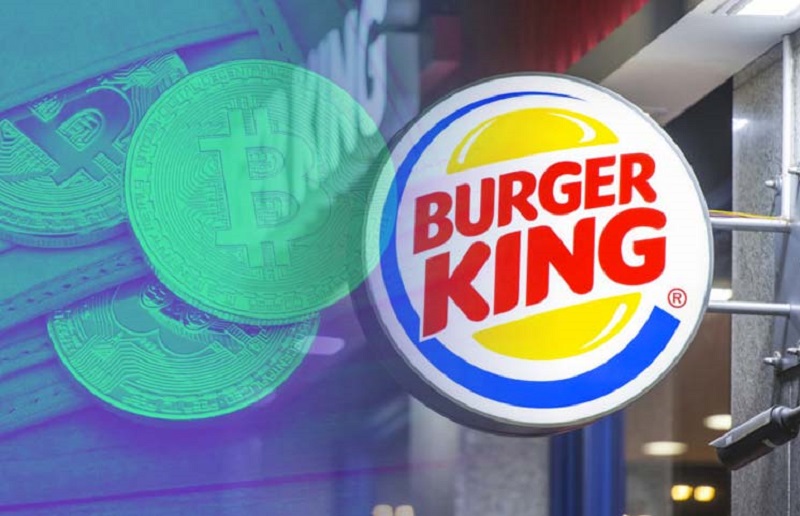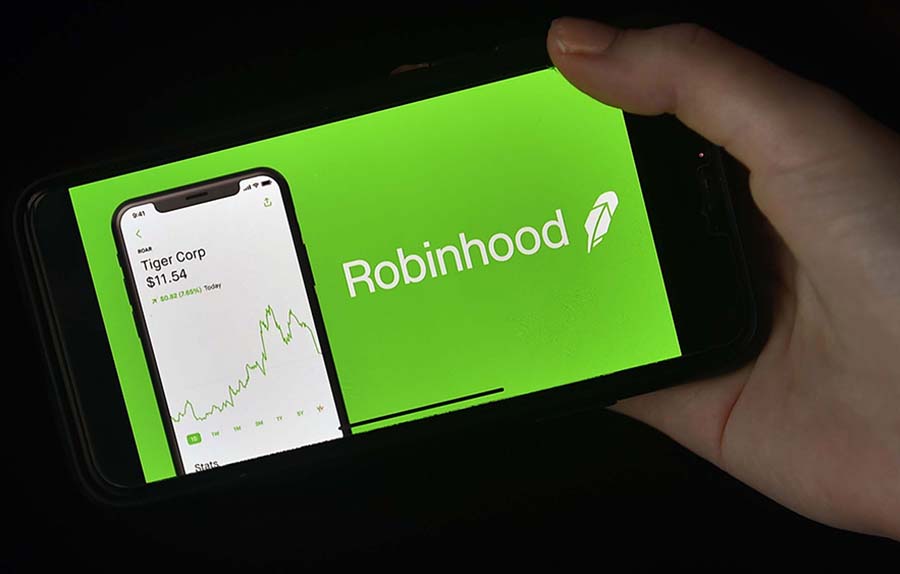Robinhood is an American app-based stock brokerage that offers commission-free trading of stocks and exchange-traded funds.
Robinhood story began at Stanford University, Stanford, California, in the United States where co-founders Vladimir Tenev and Baiju Bhatt were roommates and classmates studying Physics. Tenev’s family emigrated from Bulgaria, Bhatt’s from India.
Tenev, the son of two World Bank staffers, enrolled in UCLA’s Mathematics PhD program but dropped out in 2011 to join Bhatt to build software for high-frequency traders. They built two finance companies, Celeris and Chronos Research, selling trading software to hedge funds.
With their newfound experience in the world of finance, they realized that big Wall Street firms pay effectively nothing to trade stocks, while most Americans were charged a commission for every trade.
Founding Robinhood
In 2013, Tenev and Bhatt co-founded the trading platform Robinhood – a company that leverages technology to encourage everyone to participate in commission-free stock trading with a mission to “democratize finance for all”.
Robinhood was the first to champion commission-free trading, disrupting the entire brokerage industry. This move eventually led big named companies like E-Trade, Schwab, and TD Ameritrade to all follow suit by slashing fees.
At the Apple’s Worldwide Developer Conference (WWDC) in 2015, Robinhood’s iPhone and Apple Watch apps were awarded the prestigious Apple Design Award. A prize given to just 12 apps that year.
How Robinhood grew
The coronavirus pandemic catapulted Robinhood’s business, bringing its active users to more than 21 million in 2020 as more millennials took to the app to trade stocks and options.
Tenev and Bhatt used the allure of exclusivity to capture user interest just like Clubhouse. They restricted access by building up a 50,000-person waiting list. Then, prospective users were told to refer their friends to move up the waitlist. By the time they launched on Apple’s App Store in 2014, Robinhood had a waitlist of 1 million users, having spent nothing on marketing. By 2016, over $2 billion worth of trades had taken place, commission-free, on the platform. Robinhood has over 10 million downloads on playstore.
In 2016, Robinhood launched a subscription model, Robinhood Gold. For $10 per month, users get instant deposits (no three-day waiting period) and can trade just before the market is open and just after it has closed. That privilege is designed to lure more experienced traders from other brokerages. The company also expanded into China, through a partnership with Baidu, allowing Chinese citizens to buy and sell U.S. stock via an app integration.
In February, The trading start-up raised $3.4 billion to continue to invest in record customer growth, shortly after raising $1 billion in funding in January. According to CrunchBase, Robinhood has raised a total of $5.6 billion in funding over 25 rounds.
In July, Robinhood went public on NASDAQ. Vlad Tenev and Baiju Bhatt now have a combined $4.5 billion net worth between them according to Forbes.


















